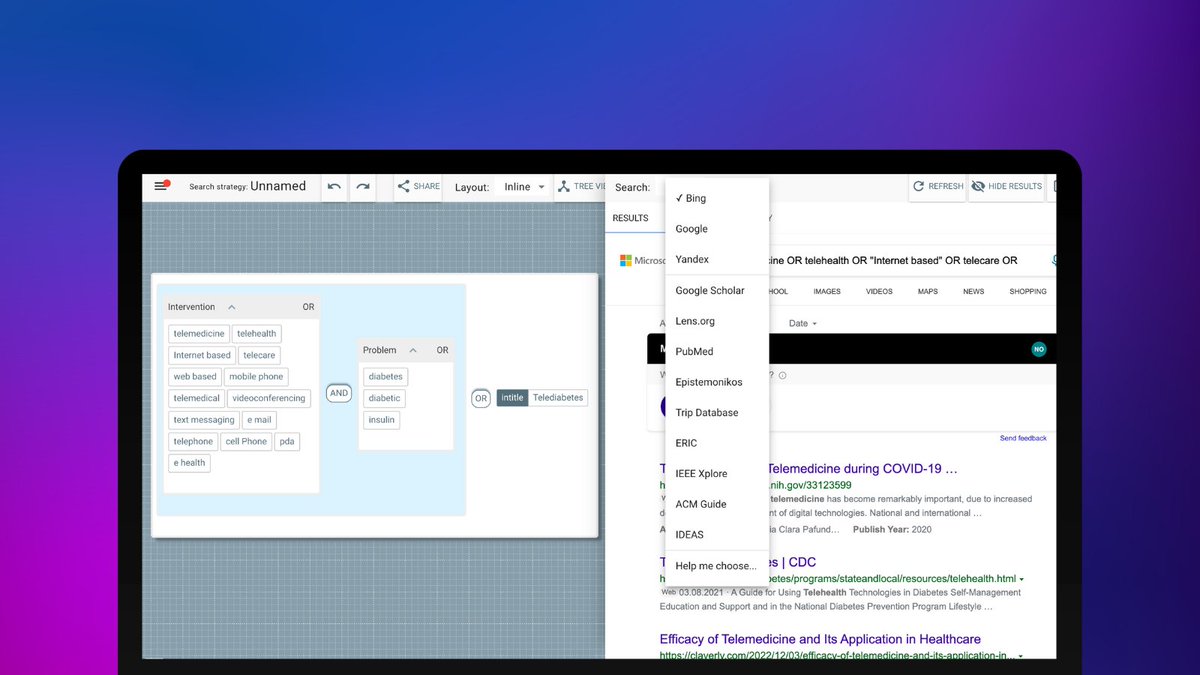Struggling to design an impressive academic presentation? Here are my go-to tools that will help you get started, success guaranteed
It's a 🧵
#AcademicTwitter #AcademicChatter @PhDVoice
@ThePhDPlace @OpenAcademics #academicpresentation
It's a 🧵
#AcademicTwitter #AcademicChatter @PhDVoice
@ThePhDPlace @OpenAcademics #academicpresentation
1⃣ if you’re not a visualization nerd and need an intuitive tool that does the job: use canva.com for stunning templates, easy edits, trendy font combinations, and styles
@canva pro tip: you can download your favorite template in a ppt format if you feel more comfortable with editing ppts
2⃣ pitch.com has a tonne of free templates that are so incredible, you’ll spend hours scrolling through them. My recommendation? Choose a template and tune it in @canva
3⃣ you can also download amazing (and free!) ppt templates from slidescarnival.com
4⃣ gamma.app looks like if @NotionHQ and @canva had a baby 😀 (you guys are already using both, right?)
Write like a doc, present like a deck, and share like a doc again - a great alternative to standard ppts
Write like a doc, present like a deck, and share like a doc again - a great alternative to standard ppts
Now that you have this thread, designing your academic presentations should be a piece of cake 🍰 Do you know any other tools that can help researchers elevate their presentations? Please share below 👇
• • •
Missing some Tweet in this thread? You can try to
force a refresh










